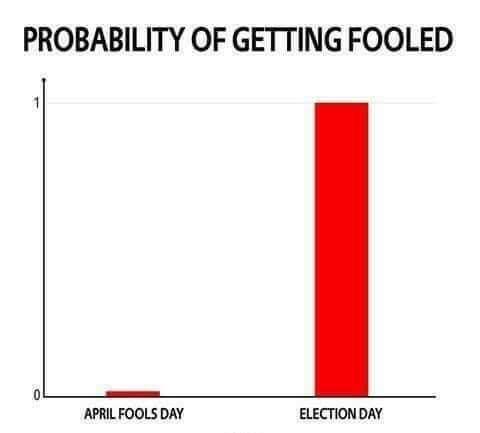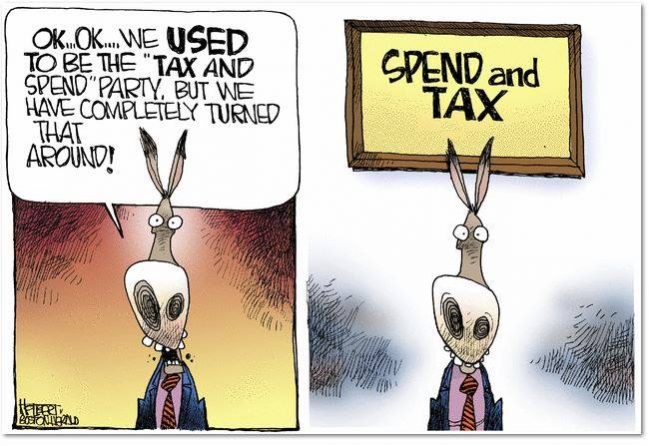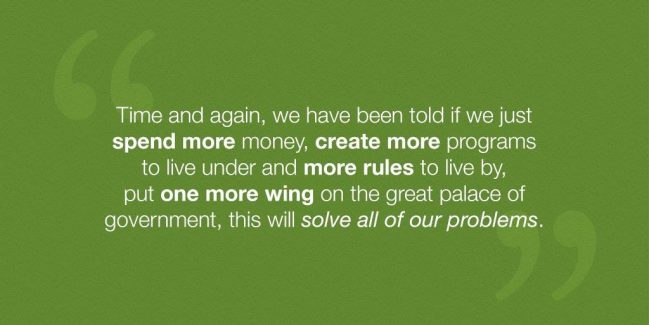


Coloradans may face 4 spending questions this year. Will new nicotine tax measure overload the ballot?
The proposal, announced Wednesday by Gov. Jared Polis and Democratic state lawmakers, would set a uniform nicotine tax at 62 percent. That would lift the taxes on a package of cigarettes to $2.49 from 84 cents.
If an 11th-hour Democratic effort to raise nicotine taxes debuted Wednesday makes it to the ballot, Coloradans could face as many as four consequential spending questions when they vote in November.
How those efforts could interact remains unknown, but discussion is already underway about the potential consequences of asking voters to make so many revenue-generating decisions at once and whether questions might counteract each other.
Also top of mind: Colorado voters in 2018 rejected tax increases aimed at paying for transportation and education, two of the most cash-poor and motivating issues in the state. So the question is, what’s different now?
“Not only are there the statewide (revenue-increase questions), but once you get into the municipalities, there are going to be even more,” said Courtney Sievers, pollster with the Republican firm Magellan Strategies.
Gov. Jared Polis joined Democrats to endorse a plan on Wednesday, first reported by The Colorado Sun, to ask voters to sign off on a 62% nicotine tax that would for the first time tax vaping products, and also lift Colorado’s tariff on tobacco products from 40% — one of the lowest rates in the U.S. That would increase the taxes on a package of cigarettes to $2.49 from 84 cents.
“The big impetus around this is reducing the amount of smoking, but especially vape use,” said Rep. Yadira Caraveo, a Thornton Democrat. “We are towards the bottom of the heap on how we tax tobacco products and we don’t tax (vaping) products at all.”

Already heading for the ballot in November is a question to permanently eliminate taxpayer refunds from state government under the Taxpayer’s Bill of Rights. This would allow Colorado lawmakers to ignore some of the most restrictive public spending limits in the nation and raise money for roads and education. There’s also a bill making its way through the Capitol that would ask voters to legalize sports betting and set a 10 percent tax on net proceeds, which would mainly go toward water projects.
Those two are on top of a $2.34 billion bonding question to pay for infrastructure that was put on this year’s ballot by lawmakers in 2018, though negotiations are underway to remove that ask.
Polis brushed off a question about the spending questions conflicting with each other, pointing out their differences.
Laura Chapin, a Democratic operative who worked on Amendment 73 last year, the failed ballot question that would have increased income taxes to raise money for education, said the long list of questions before voters in November represents TABOR at work. That’s Colorado’s law requiring voter approval of tax increases and any new taxes or revenue generation.
“It forces you to crowd the ballot with stuff,” she said. “That’s part of what makes TABOR such a Rubik’s cube.”
But House Majority Leader Alec Garnett, a Denver Democrat who is leading the push for the sports-betting bill, said he’s not worried.
“I think because of the diversification of where the money is going to go, there aren’t a lot of streams crossing, which is key,” he said. “Colorado voters are conditioned because of TABOR to take their time and think through these issues and make informed decisions. I’m not worried about it. This is the Colorado we live in.”

Michael Fields, who leads the conservative group Colorado Rising Action, which fought the tax hikes in 2018, sees it differently. “Whenever you see a lot of a lot of revenue generating things on the ballot people tend to vote no,” he said. “I think that’s what happened with the transportation (tax) increase and the bonding last year.
He added: “I think that they’re not really getting the message that it’s not the type of tax. It’s that people think that big government has enough money already.”
Missing from Wednesday’s rollout of the proposed tax were Republicans. “Any libertarian streak that I had hoped for from this governor has evaporated,” Senate Minority Leader Chris Holbert, a Douglas County Republican, said in a statement. “The attempt to ram this through at the end of the legislative session is irresponsible. I’m encouraging members of the Senate Republican caucus to oppose this bad idea.”
There are some factors working in favor of the new tax measure. Polis’ support gives it a political boost. The measure also has backing from DaVita CEO Kent Thiry, who has proven able to shepherd difficult ballot questions to passage in recent years thanks to his deep connections and deep pockets.

Opposition to the effort is expected to be strong, with tobacco companies likely to spend heavily to defeat the measure.
Amanda Wheeler, who owns the Colorado Springs-based Jvapes, said a 62 percent tax on vaping products is larger that the profit margin on the products she sells. “We wouldn’t survive a 62 percent tax increase,” Wheeler said. “What it is going to do is ruin the vapor industry in Colorado — it’s going to drive all of those purchases online, it’s going to be a loss to local economies and it’s not going to address the youth access issue at all.”
Also worth noting: Colorado voters in 2016 rejected an equal-sized tobacco tax bump.
Three years ago, however, there wasn’t the teen vaping crisis that there is now and people may be more motivated to pass the tax this time around, Polis said. “The maturation of the vaping crisis is another factor that will weigh in the voters minds in addressing this through this increasing price on vaping.”
Dr. Robin Deterding, a pediatric lung specialist at Children’s Hospital Colorado, said taxing vaping products is essential. “This is a loophole around taxation that increases the opportunity for kids to smoke and vape,” she said.
The more than $300 million in expected annual revenue that would be raised by the nicotine tax has two recipients: It would be split equally between early childhood education — like expanding Colorado’s preschool program and after-school programs — and health care, including boosting behavioral health spending, and reducing tobacco use and patients’ cost of care.
The Bell Policy Center says the proposed tax would double the number of Colorado preschool slots by allocating $111 million to that program in its first year.
“It’s been in the works for a few months,” Caraveo said. “We’ve been trying to find out what the allocations are going to be.”
The central question around the proposal is whether there will be enough time to pass it, with the legislature adjourning on May 3 and hundreds of bills still awaiting passage. Republicans have been slowing down the lawmaking process and adding another controversial bill into the mix won’t make things easier.
“It’s going to be a heavy lift,” Caraveo said. “We can get it through in the last 10 days.”
Polis joked that “with hundreds of bills to go, what’s one more bill?”
Still, Democrats acknowledge that they may be asking too much of voters — even without the tobacco tax question. Negotiations are underway at the legislature to cut the transportation bonding question from the November ballot, which could ease the spending-ask load before voters.
“I think we all acknowledge that having two transportation measures on the ballot is a bad idea,” said Sen. Rachel Zenzinger, an Arvada Democrat who is leading those talks. “We are working with our Republican colleagues on a path forward about repealing that. We don’t have a clear pathway yet.”
Democrats don’t need Republican votes to remove the bonding question from the 2019 ballot, since they are in the majority in the House and Senate and hold the governor’s office.
http://coloradosun.com/2019/04/24/colorado-nicotine-tax-increase-2019-ballot/?fbclid=IwAR3_8Icm1snczZ0p0iC0Vicu1HjFBRGgjwXwrjXwTSEhU6M3r37rMILj77c
Leave a Reply